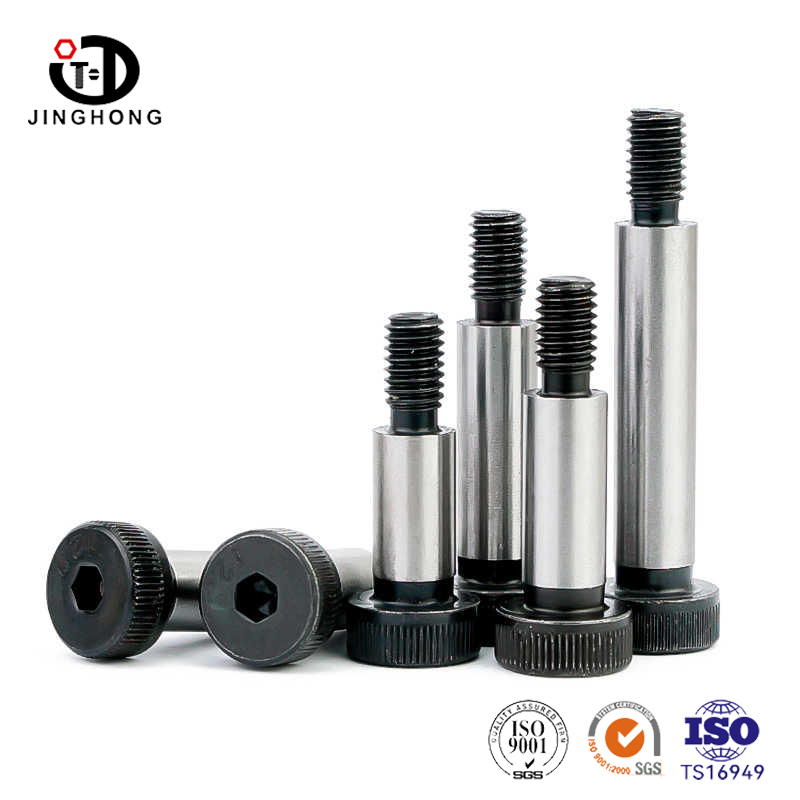Why Are Hex Socket Screws the Go-To Fasteners for Precision and Strength?
2024-12-21
When it comes to assembling machinery, electronics, or furniture, the choice of fasteners can make or break the project. Among the many options, hex socket screws stand out for their versatility, strength, and ease of use. But what makes these screws so indispensable across industries? Let’s uncover their features, benefits, and applications.
1. What Are Hex Socket Screws?
Hex socket screws, also known as Allen screws or socket cap screws, are fasteners characterized by a hexagonal recess in the head, requiring a hex key or Allen wrench for installation. These screws come in various materials such as stainless steel, carbon steel, and alloy steel, and they’re available in different types, including button head, flat head, and socket head cap screws.
2. Why Are Hex Socket Screws Popular?
Hex socket screws have gained widespread popularity for several reasons:
- Compact Design: The recessed head allows for a flush fit, making them ideal for applications with limited space.
- High Torque Capability: Designed to handle high torque without stripping the head, ensuring secure fastening.
- Durability: Made from robust materials, these screws offer excellent resistance to wear and corrosion.
- Aesthetic Appeal: The clean, streamlined look suits applications where appearance matters, like furniture or consumer electronics.
3. Where Are Hex Socket Screws Used?
Hex socket screws are indispensable in various fields:
- Machinery and Equipment: Used in assembling industrial machines due to their ability to withstand high stress.
- Automotive Industry: Secures components in vehicles, ensuring stability and safety.
- Electronics: Provides compact and reliable fastening for devices with limited space.
- Furniture Assembly: Offers a sleek, secure solution for modern and minimalist designs.
4. How Do Hex Socket Screws Enhance Performance?
The unique design of hex socket screws contributes to better performance in many ways:
- Reduced Slippage: The hexagonal recess minimizes the risk of the tool slipping during installation or removal.
- Improved Load Distribution: The head design ensures even distribution of force, reducing the risk of damage to the material.
- Ease of Access: The screws can be installed in tight spaces where traditional tools can’t reach.
5. What Types of Hex Socket Screws Should You Consider?
Depending on your project requirements, you can choose from different types of hex socket screws:
- Socket Head Cap Screws: Ideal for high-strength applications.
- Button Head Screws: Used in applications where a lower profile is needed.
- Flat Head Screws: Best for countersunk applications, offering a flush finish.
- Shoulder Screws: Designed for precise alignment in moving parts.
6. What Are the Benefits of Using Hex Socket Screws?
Here’s why hex socket screws are a top choice:
- Versatility: Suitable for a wide range of materials, including metal, wood, and plastic.
- Ease of Use: The hex recess allows for easy tightening and loosening with minimal effort.
- Strength and Reliability: Provides a secure hold in high-stress environments.
- Corrosion Resistance: Options like stainless steel ensure longevity, even in challenging environments.
Final Thoughts
Hex socket screws are more than just fasteners—they are the backbone of many structures and devices. Their combination of strength, precision, and adaptability makes them an essential tool for professionals and DIY enthusiasts alike.



